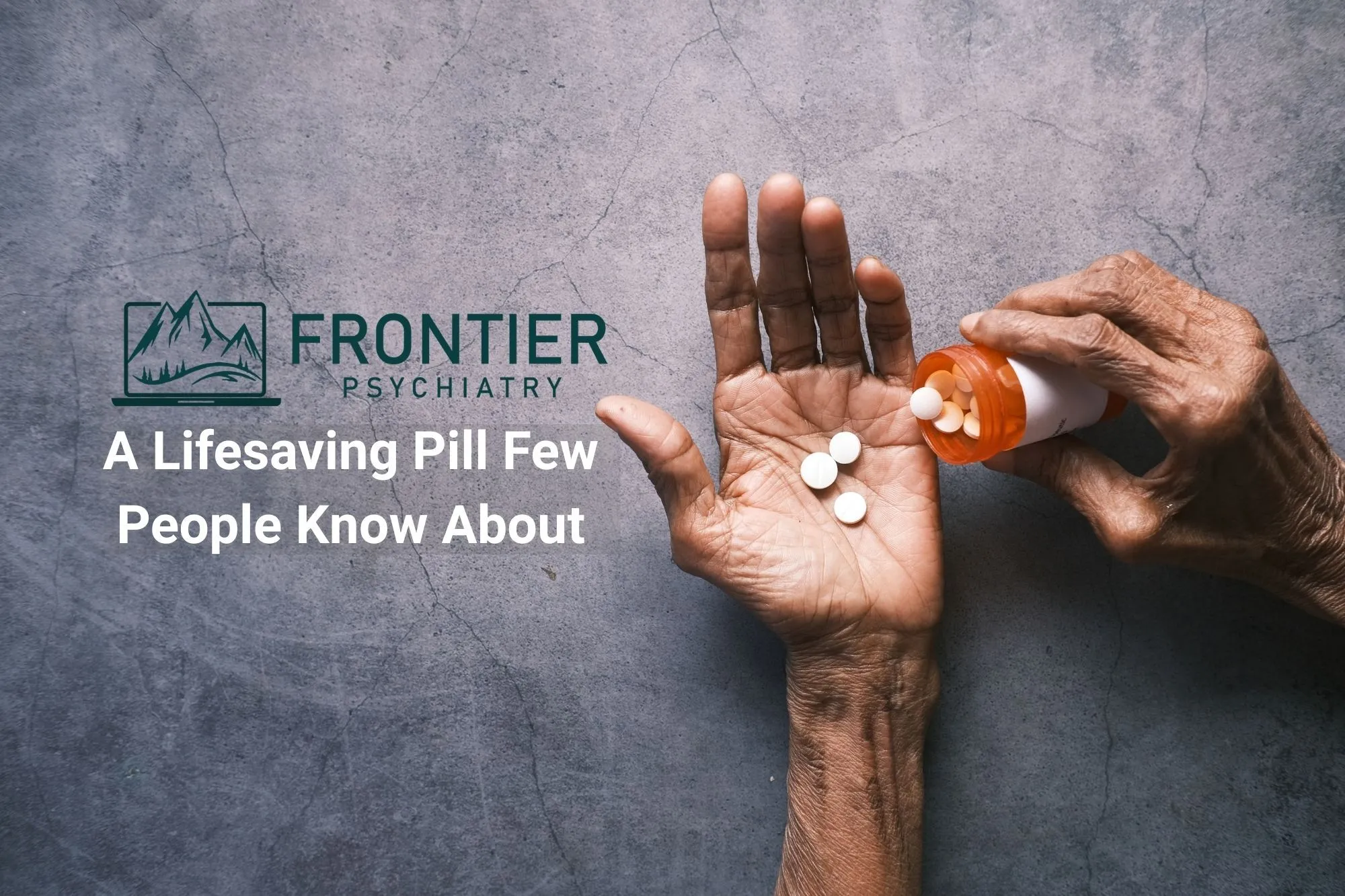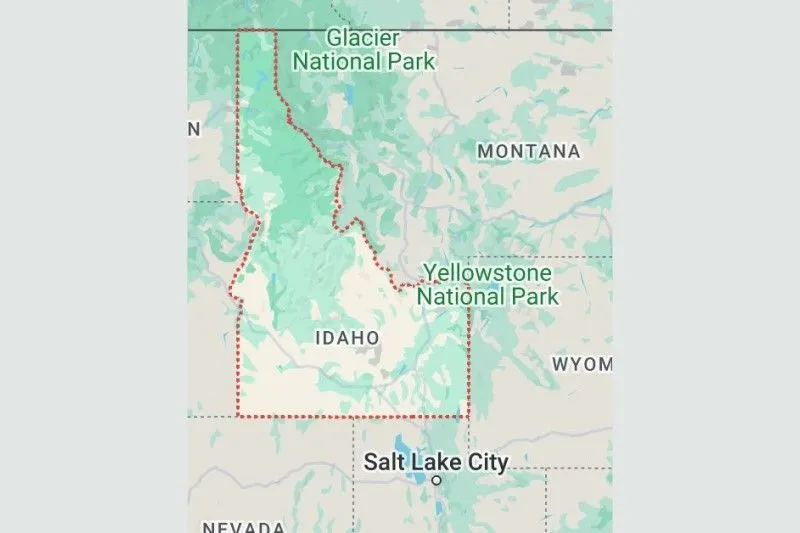Look, I want to talk about something that doesn’t get nearly enough attention: alcohol use disorder and how we’re missing the boat on treatment, especially in rural America. This frustrates me to no end because we have effective addiction treatment sitting right in front of us that we’re simply not using. At Frontier Psychiatry, we’re seeing this problem firsthand across Montana, Idaho, and Alaska. While everyone’s focused on the opioid addiction treatment (which is certainly important), alcohol remains this silent killer that’s devastating our communities, particularly in rural areas where specialized mental health care is so hard to get.
The True Scale of Alcohol Use Disorder
The numbers are staggering. Alcohol contributes to at least 80,000 deaths annually in the US. During COVID, problematic drinking shot up, especially among women and non-Hispanic Black individuals. And the medical and psychiatric consequences? They’re extensive and well-documented. What most people don’t realize is that binge drinking - 4+ drinks for women or 5+ for men in one sitting - is ridiculously common. About one-fifth of American adults do this regularly. Think about that. Binge drinking alone accounts for half of all alcohol-related deaths each year. And we’re learning more every day about how even moderate drinking isn’t as safe as we once thought. In states like Montana, Idaho, and Alaska where we operate, these problems are magnified. You’ve got isolation, limited mental health services, and cultural factors that often normalize heavy drinking.
The Treatment Gap
Here’s why I’m frustrated: most people with alcohol problems leave their healthcare provider’s office with basically nothing to address their drinking. Why? Lack of provider knowledge, stigma around addiction, and this bizarre rejection of viewing alcohol use disorder as an actual medical condition rather than some moral failing. This gap is particularly awful in rural communities. Mental health treatment specialists are few and far between, and primary care docs can lack the training or confidence to tackle alcohol use disorder effectively.
Naltrexone: The Overlooked Game-Changer
This is where I really get fired up. We actually have effective substance abuse treatment options that simply aren’t being used! Naltrexone has been FDA-approved for alcohol use disorder for nearly 30 years. The long-acting injectable form has been around since 2006. As a psychiatrist who prescribes medications for mental health and addiction regularly, I find it absolutely baffling that naltrexone remains so dramatically underutilized. Here’s what makes it such an important option:
- It works. Period. It reduces drinking days, binge episodes, and cravings
- It’s flexible - can be used whether you’re going for abstinence or just moderation
- Few side effects for most people
- Available as both a daily pill and monthly injection (Vivitrol)
- Any primary care provider can prescribe it - you don’t need a specialist Research clearly shows naltrexone reduces cravings, helps prevent binges, and improves the chances someone will stick with addiction recovery. The monthly injection (Vivitrol) is particularly great for people who might struggle with taking daily medication. Despite all this evidence, nationally only about 5% of people with alcohol use disorder receive medication treatment. This is unacceptable! We’re missing a massive opportunity to help people with a treatable condition.
How Naltrexone Works
As an “opioid antagonist”, naltrexone blocks the euphoric effects from alcohol by altering dopamine release. In plain English: it makes drinking less pleasurable, reducing cravings and making it easier to cut back or stop. There’s also this interesting approach called “targeted naltrexone,” where patients take it only when they anticipate high-risk situations or have cravings. Studies show this works particularly well for mild to moderate AUD and binge drinkers. What I love about naltrexone is its flexibility. Daily dose, monthly injection, or targeted use - it works for people seeking abstinence or just trying to cut back. That’s powerful.
Barriers to Treatment
If naltrexone is so effective, why isn’t it more widely used? Several frustrating barriers persist:
- Provider knowledge gaps: Many healthcare providers, even psychiatrists (I hate to admit it), receive minimal training on addiction medications and feel uncomfortable prescribing them.
- Misconceptions: Some believe patients need specialized addiction treatment programs to benefit from medications like naltrexone. Not true!
- Fixation on abstinence: Traditional treatment approaches have emphasized complete abstinence, while many people with AUD initially just want to cut back, not quit entirely.
- Access challenges: In rural areas, finding providers who prescribe addiction medications can be nearly impossible. Stigma: The shame surrounding alcohol problems prevents many from seeking behavioral health services at all.
Our Approach at Frontier Psychiatry
At Frontier Psychiatry, we’re attacking these barriers across Montana, Idaho, and Alaska through several strategies: Telehealth Accessibility: We bring specialized addiction care directly to patients via online psychiatry, regardless of where they live. Someone on a remote Montana ranch can access the same quality addiction treatment as someone in a major city. Evidence-Based Prescribing: We ensure our providers are well-trained in using medications like naltrexone and stay current with the latest research. Harm Reduction Philosophy: We meet patients where they are. If someone wants to cut back rather than quit completely, we support that goal and offer treatments that can help. Primary Care Partnerships: We work closely with primary care providers across our states to educate and support them in addressing alcohol use disorder with their patients. Comprehensive Approach: While medications like naltrexone are powerful tools, they work best combined with therapy for anxiety, depression treatment, and addressing co-occurring mental health issues.
The Path Forward
Here’s the truth: the public health impact of alcohol use disorder is actually greater than the opioid epidemic, yet it receives far less attention and resources. This has to change. At Frontier Psychiatry, we’re committed to:
- Expanding access to evidence-based care across Montana, Idaho, and Alaska
- Educating patients, families, and other providers about effective treatments like naltrexone
- Advocating for policy changes that increase access to addiction medications
- Reducing stigma through open conversations about alcohol problems and recovery
I firmly believe everyone deserves access to effective behavioral health services, regardless of where they live. Through virtual psychiatrist services and partnerships with local providers, we’re working to ensure that even the most remote communities can access treatments that actually work.
Taking the First Step
If you or someone you care about is struggling with alcohol, know that effective PTSD treatment and other mental health resources exist. Medications like naltrexone, with appropriate support, can make a tremendous difference.
At Frontier Psychiatry, we’re here to help. Our team is trained in evidence-based approaches to treating alcohol use disorder. Through our online therapy for depression and other conditions, we can provide care to anyone in Montana, Idaho, or Alaska, no matter how remote.
Recovery from alcohol use disorder isn’t always straightforward, but with the right support and treatments like naltrexone, it’s absolutely possible. Our mission is to make that journey accessible for everyone across rural America.
If you’re ready to explore options for yourself or a loved one, reach out to us. Let’s tackle this challenge together, one patient at a time.
Dr. Eric Arzubi is a board-certified child psychiatrist and the CEO/Co-Founder of Frontier Psychiatry, providing telehealth mental health and addiction services across Montana, Idaho, and Alaska.





